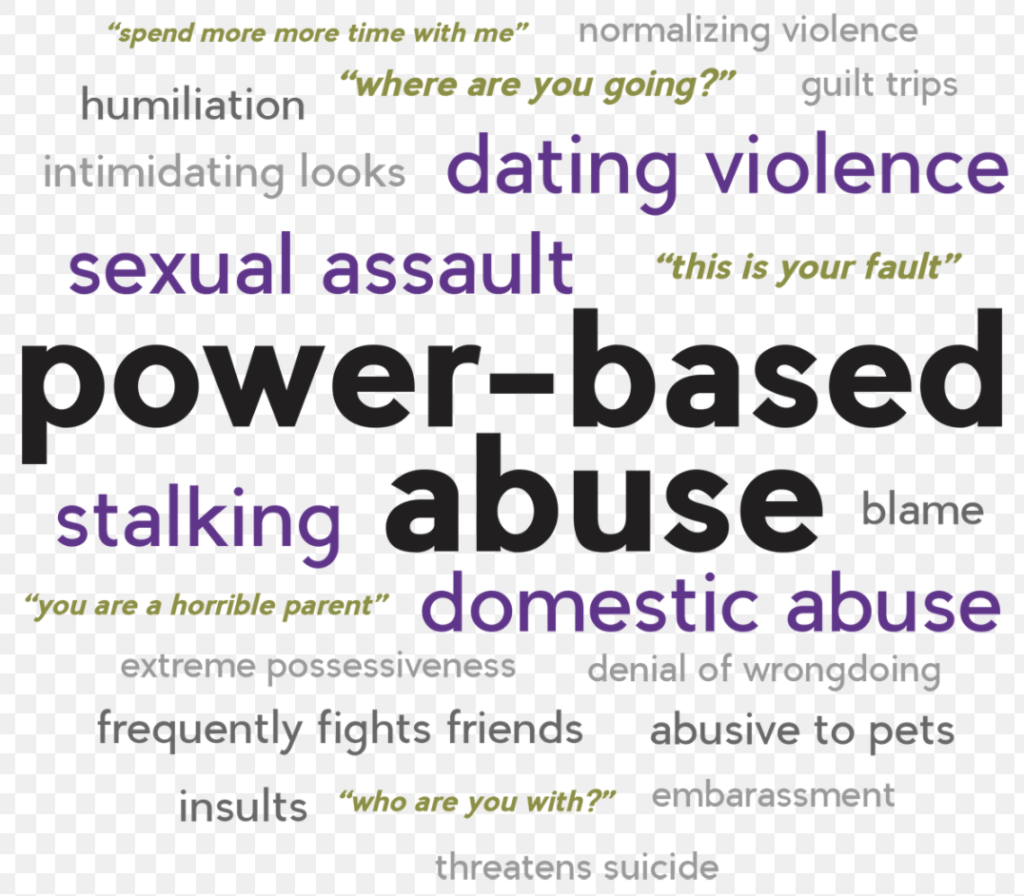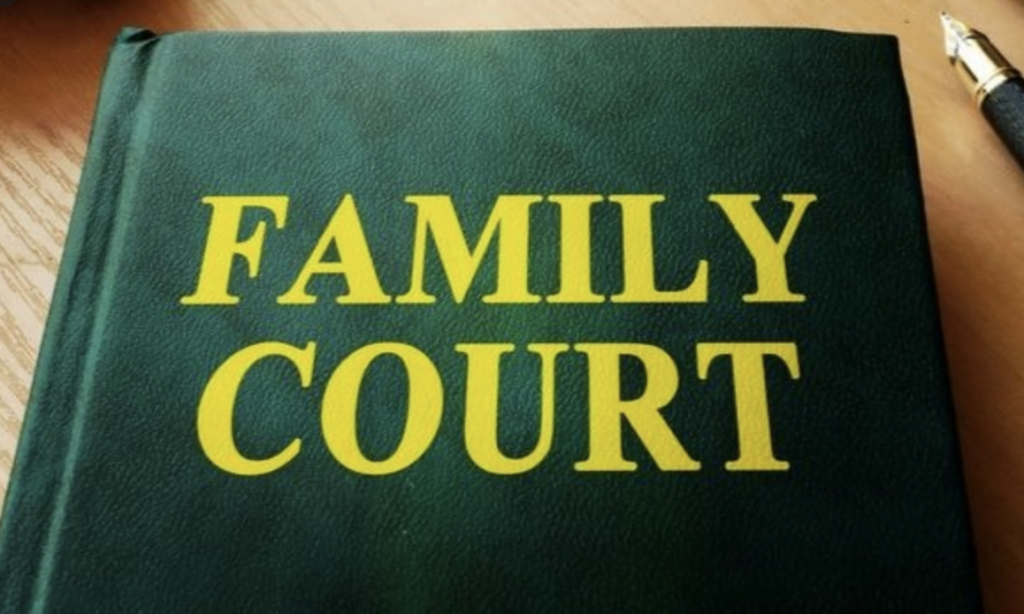CAFCASS describe Child Contact Interventions (CCIs) as short-term interventions of supervised contact. They are designed to help adults and children establish safe and beneficial contact when it is difficult to do on their own. CAFCASS consider CCIs should be a ‘learning opportunity’ for parents with input from the Separated Parents Information Programme (SPIP).
CAFCASS
CAFCASS interventions/assessments: The Domestic Abuse Perpetrator Programme (DAPP)
If you’re being assessed by CAFCASS, we’d love to hear what it’s like for you.
The DAPP is run for CAFCASS by independent providers (see the Directory of Providers). It aims to help people who have been abusive towards their partners or ex-partners to change their behaviour and develop respectful, non-abusive relationships. CAFCASS says that a DAPP can make an important difference to the lives of those involved, including the children but it can be challenging. The court’s decisions about contact will be based on the progress made in the programme.
Parental Alienation: Coping With A Manipulative Ex
Parents who are in conflict with their exes over the arrangements for their children often find that they have been drawn into a repeated pattern of damaging emotional reactions and behaviour. Their ex is able to manipulate them, deliberately provoking them and knowing what will cause a reaction. To prevent this you must distance yourself from the adult but not from the child. Distancing yourself means having no conversation and no meetings. If that is impossible without help here is an adapted version of the 12 steps which could be a guide to achieving the necessary balance
CAFCASS Part 3: The Section 7 (S7) report
The CAFCASS website explains how they consider these cases and how they deal specifically with allegations of domestic abuse, high conflict cases, parental alienation, substance abuse and mental illness.
The CAFCASS worker preparing the report will decide what enquiries to make based on what the court has asked them to look into. This may include talking to children (depending on their age and understanding) about their wishes and feelings and what they would like to happen.
How to Reveal Parental Alienation
You should be able to prove that the alienating parent is trying to provoke you. And you may also be able to show a pattern of unnecessary or deliberate disruption to a child’s arrangements. The key is to never allow yourself to be provoked and keeping a detailed record of how the alienating parent communicates, verbally and non-verbally, by quoting exactly what was said and describing exactly what was done.
Are you an abuser? 5 ways to find out
What should I expect in a CAFCASS interview? (CAFCASS Assessment Part 2)
You will gain a lot by understanding what’s to be covered in a CAFCASS interview and to have had time to think about how you’ll reply. So prepare well. Read their interview plan to see what CAFCASS cover in their interview, understand the principles by which they work and read my previous blogs with more CAFCASS information.
CAFCASS Assessment (Part 1)
This blog explains what CAFCASS do behind the scenes, who they talk to at the start of a case, what questions to expect in the telephone interview (your first contact with a CAFCASS worker) and the types of reports they write. It will help you to be better prepared.
Why does the family court make stupid decisions about parental alienation?
Parental alienation syndrome is a dangerous pattern of behaviour in which a child becomes hostile to one parent because of the behaviour of the other parent. It can progress to the point where the child will not see that parent and rejects them entirely. The loss of a parent in this way is inevitably severely damaging and harmful to a child. In parental alienation, one of the parents is emotionally abusing the child with the aim of hurting the other parent. Yet they are rarely treated as child abuse cases. Consequently they’re not given the same input and attention and, without good evidence to prove what is happening, decisions get made on the basis of prejudices. This is inexplicable.
How to prove parental alienation in court
Parental alienation is one of the most difficult things to prove and yet it is one of the most damaging to children and families. It can easily lead to a child completely losing their relationship with one parent and wrongly coming to believe that the parent was abusive or wicked in some other way.
‘Gather evidence’ is the golden rule and get legal help. These are difficult and complicated cases and you need all the help you can get.










